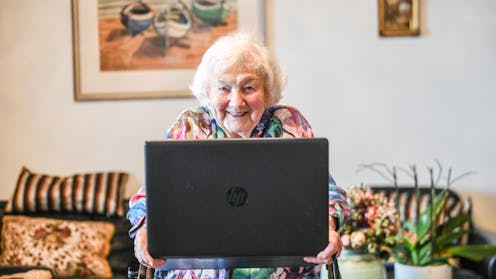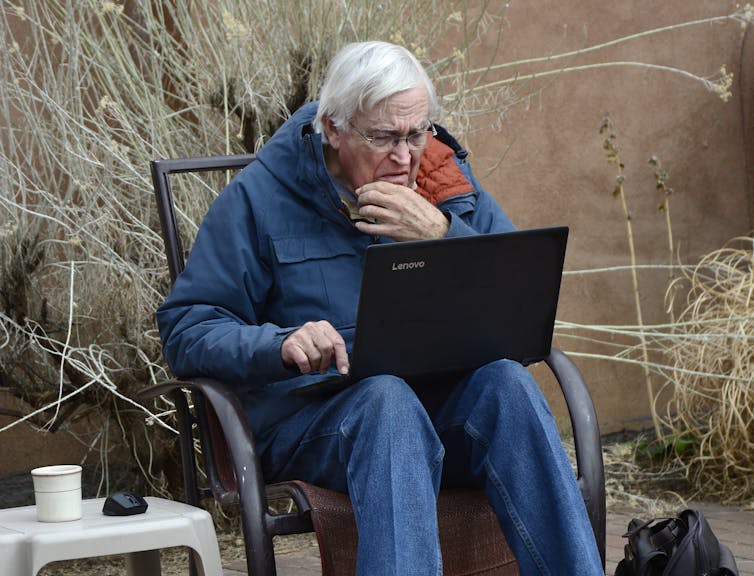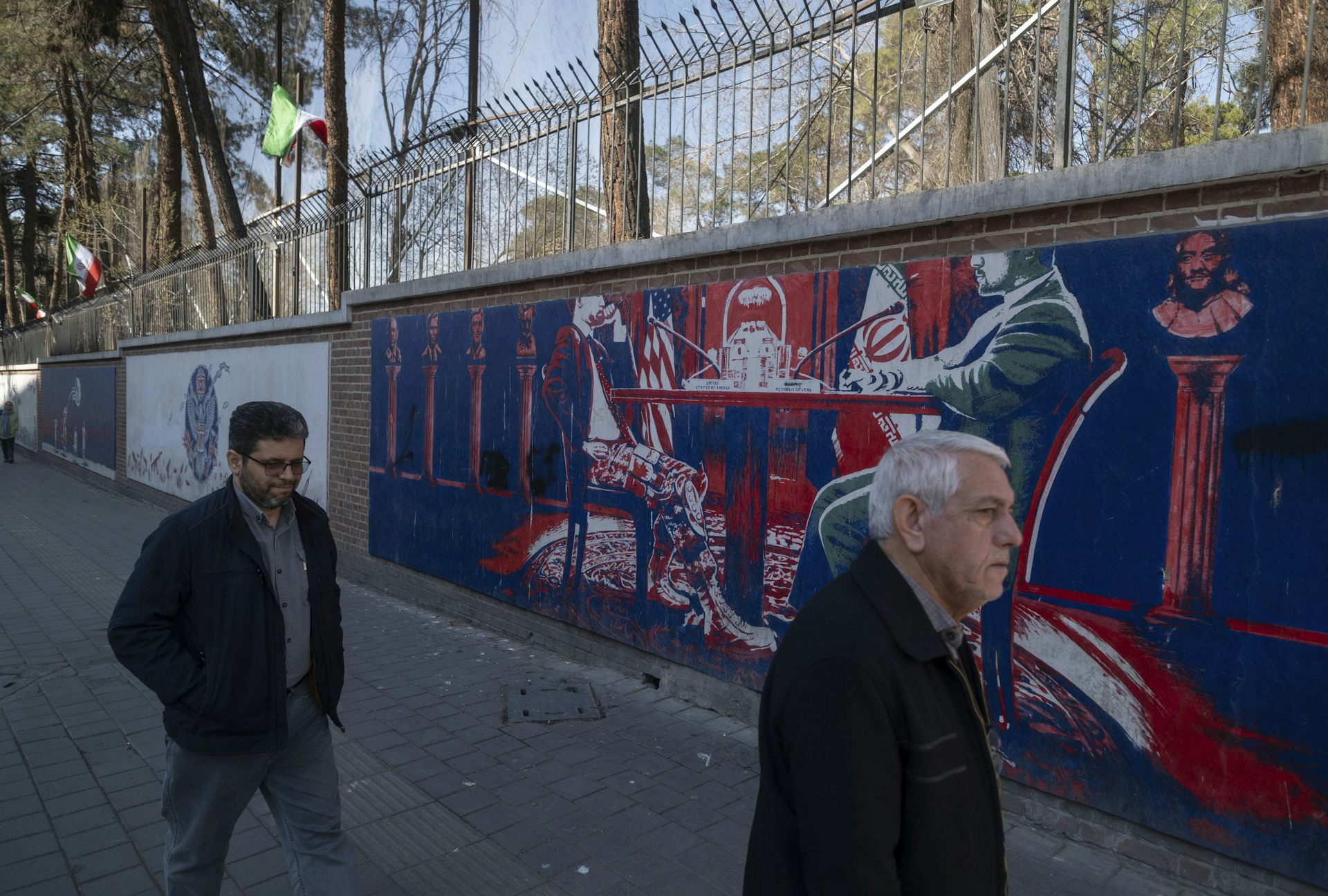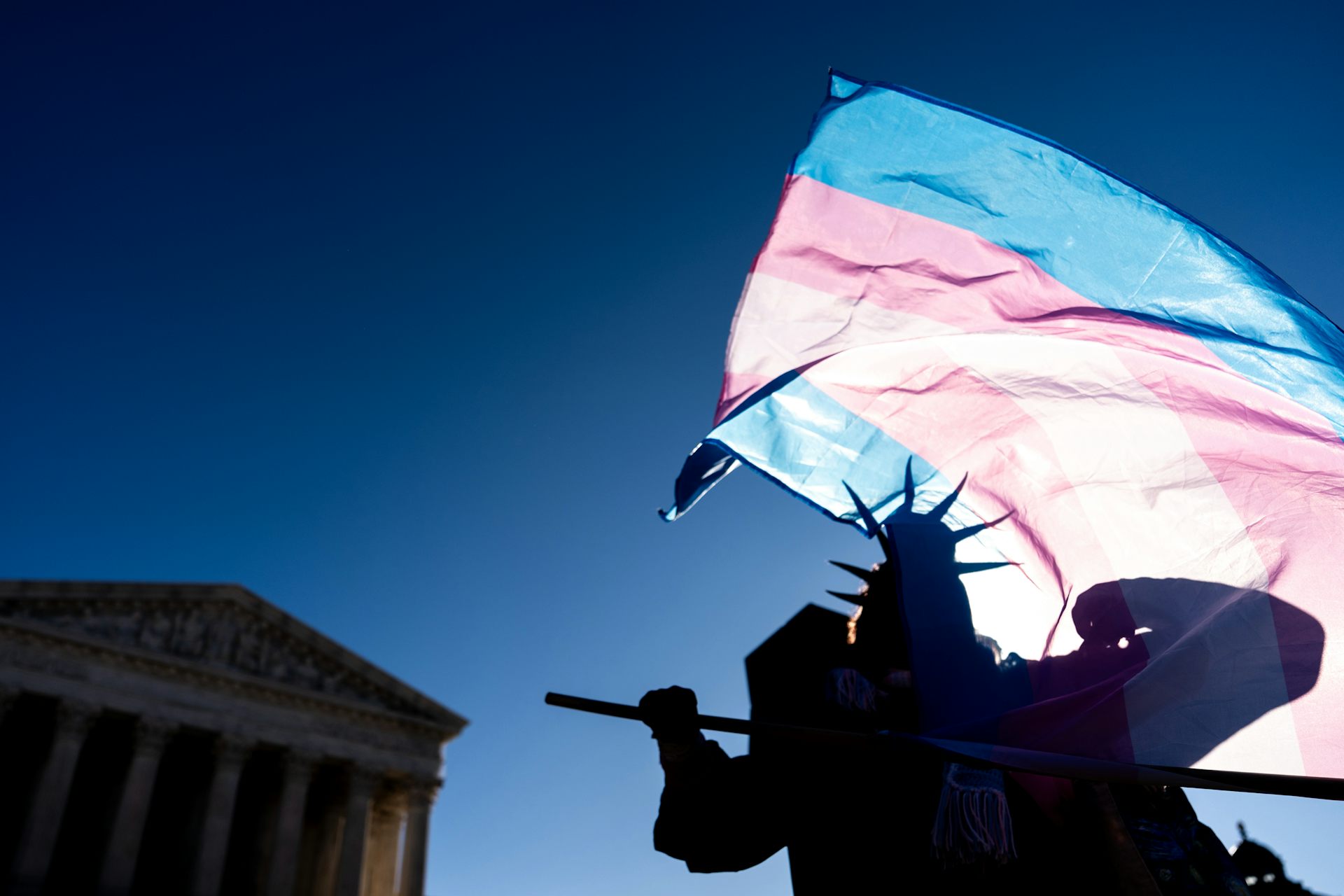Do you know how to prepare for your digital life after death? CU Boulder’s student-run clinic has so
End-of-life planning today includes making sure your loved ones have access to digital photos, email archives and social media accounts.

From family photos in the cloud to email archives and social media accounts, the digital lives of Americans are extensive and growing.
According to recent studies by the password management companies NordPass and Dashlane, the average internet user maintains more than 150 online accounts. Individuals produce hundreds of gigabytes of data each year. But few people have plans for what happens to that digital legacy after they die.
Unlike physical possessions, online assets often don’t pass smoothly from one generation to the next. Loved ones struggle to access important accounts or recover treasured photos. Many families face these challenges while already overwhelmed with grief.
Most tech companies haven’t kept up with this reality. Fewer than 15% of popular online platforms have clear systems for handling a user’s death, and customer support is often limited, according to our new study. As people’s “digital footprints” expand, the lack of planning has become both a practical and emotional burden for families. This is especially true for older adults who may not be aware of the steps required to manage their digital estate.
We are an associate professor of information science and a researcher at the University of Colorado Boulder. We are researching how to design technologies for people engaged in end-of-life planning for their data.
First clinic of its kind
We realized there was no organization or comprehensive website to help people navigate the technical, privacy or practical challenges they were facing. In response, we launched what we believe is a first-of-its-kind solution: the Digital Legacy Clinic.
Just as writing a will helps manage physical possessions after death, planning your digital legacy ensures that your online life is handled according to your wishes.
Our clinic opened in late 2024. The free clinic offers support both to people planning for the end of their digital lives and to those managing the digital estates of loved ones who have died.
Led by students and housed in the University of Colorado, Boulder’s Information Science department, the clinic operates much like a pro bono law clinic. Community members in the Denver and Boulder areas, as well as from across the country, can contact the clinic for help.
First, a person interested in getting support fills out a simple form. Then, a member of the clinic will send a follow-up email to clarify and offer preliminary advice. Since every case is different, often clinic workers will then meet via Zoom with a client to create a personalized plan for them and their family.
How the clinic helps
The clinic offers guidance on a wide range of digital estate concerns, including setting up digital legacy tools such as trusted contacts on Google and Apple or legacy contacts on Facebook – someone you choose to manage your main profile after you’ve died. People can also get guidance on how to memorialize or delete social media or other online accounts after a loved one has died.
For example, Facebook allows you to either memorialize an account or request its removal. To memorialize it, you’ll need to submit a form with the person’s name, date of death, proof of passing, such as an obituary, and verify your relationship to the deceased. Including these steps can help your loved ones manage a digital legacy with clarity and care.
The clinic also helps people recover and preserve digital assets. That includes photos, videos, emails and other important documents, such as legal documents stored on a Google Drive.
For those who are planning for after they die, the clinic can guide them in creating a digital estate plan. That plan might include inventorying online accounts, documenting login credentials and leaving instructions for account closure, or determining steps to email the documents to your lawyer.
Students supporting their community
The ongoing work of the clinic is run entirely by undergraduate and graduate students, who build and maintain the clinic’s website, manage the client intake process and research solutions tailored to each case.
For the students, it’s a hands-on learning opportunity that connects academic work to real-world needs. The experience is also professionally valuable. Students learn how to communicate complex tech topics with empathy, navigate privacy laws and manage sensitive data responsibly.
A resource for older adults
While the Digital Legacy Clinic is available to people across the country, its location in Boulder makes it especially accessible to older adults in the Boulder and Denver areas who may prefer or benefit from in-person support.

For older adults, the clinic can play a crucial role in helping them organize their digital lives while they’re still alive. This can reduce confusion for loved ones later and even help prevent issues such as identity theft or account misuse. Many older adults now maintain extensive online presences, but they may not have the tools or knowledge to ensure their accounts are secure and accessible to people they trust.
Jed Brubaker currently receives research funding from the National Science Foundation and Google. In the past he has recieved research funding from Facebook and Mozilla. During 2014-2020 he worked as a research for the Legacy Contact and Memorialized Profile features at Facebook.
Dylan Thomas Doyle does not work for, consult, own shares in or receive funding from any company or organization that would benefit from this article, and has disclosed no relevant affiliations beyond their academic appointment.
Read These Next
Failure of US-Iran talks was all-too predictable – but Trump could still have stuck with diplomacy o
Silence from the US side after a third round of indirect talks and frustration expressed by President…
Kansas revoked transgender people’s IDs overnight – researchers anticipate cascading health and soci
With invalid driver’s licenses and birth certificates, transgender people are at risk for more than…
Massive US attacks on Iran unlikely to produce regime change in Tehran
President Trump has appealed to Iranians to topple their government, but a popular uprising is unlikely…





